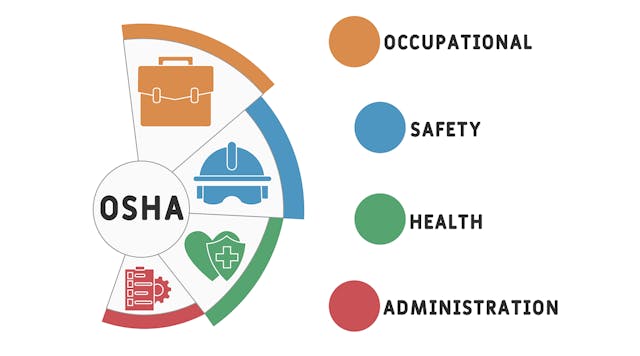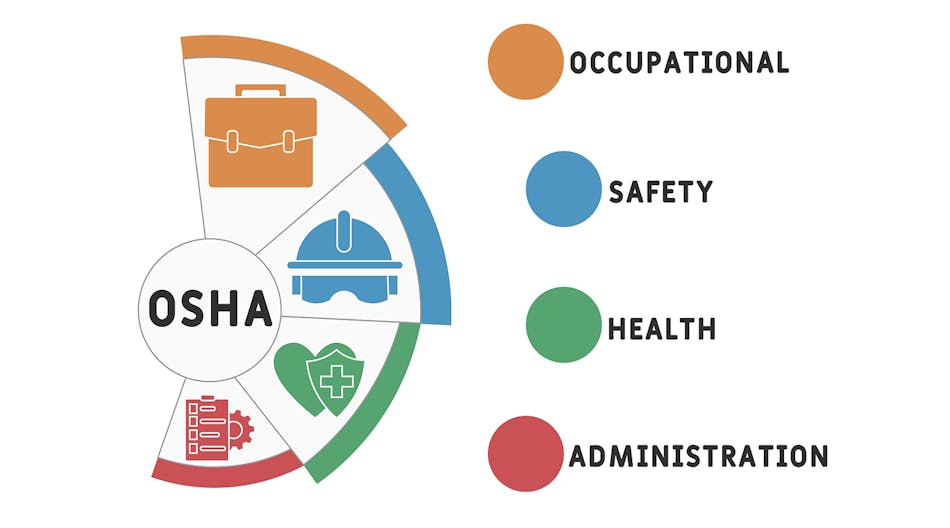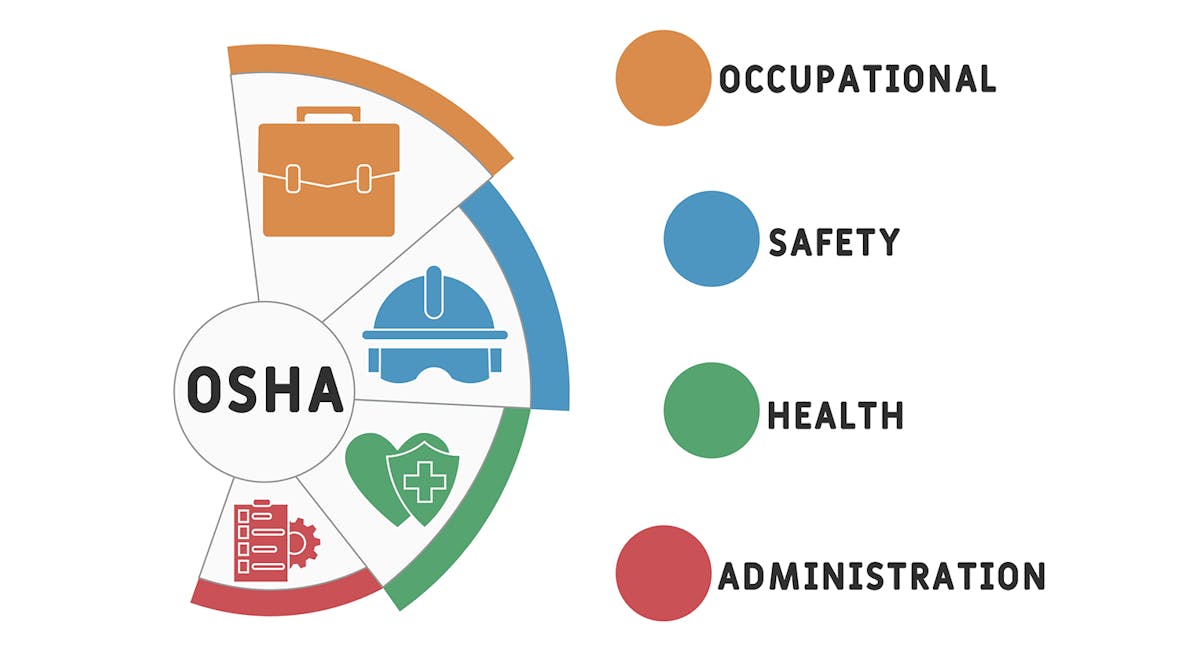Employers first became responsible for providing healthcare for employees around the 1940s when it became tax-free to do so. However, that's a very simplistic statement and I would suggest reading the article in the Harvard Business Review, " Why do employers provide healthcare in the first place?
For this article, I won't debate if this responsibility should be on the employers. It's now a firmly embedded health benefit and often cited as the reason people stay with companies or don't retire -- they need healthcare coverage.
Given the current system of employers providing a large percentage of healthcare coverage in the U.S., it results in companies having a greater influence over health. When companies provide optimum health benefits, a new article from Deloitte., says that they can, in fact, extend people's lives.
Deloitte offers its analysis. "Even though the average life span is 77.9 years, Deloitte calculated that Americans are living just 65.9 years (or 85% of their years) in good health. According to an analysis conducted by Deloitte’s Health and Life Actuarial teams, all Americans could potentially live up to 95% of their years in good health and live to be nearly 90 years old.
And they place the responsibility for this longevity on the employers. "We believe that employers can be the catalysts in driving the change toward living healthier years and spending less. Leaning on the impact that the health and productivity of the workforce can have on an organization’s success, employers are uniquely positioned to take the lead on influencing health improvements more broadly. The payoff could be sizeable and long-lasting. In fact, we could see the life span in the United States increase by an average of 12 years and the health span increase by an average of 19.4 years by 2040, according to our analysis.
Of course, several things need to happen to bear out this analysis, the most important is "empowering employees to modify their behaviors and make better choices to improve their health. There is evidence that lifestyle modifications like following a healthy diet, creating social connections, engaging in appropriate exercise, managing stress, and reducing smoking can dramatically change, or even reverse, the progression to diabetes, heart disease, and certain other conditions."
For this article, I won't tackle the methods they will use and how effective, or not, companies have been in modifying employer behavior. However, what is possible is to provide early screening, as Deloitte recommends, that addresses both physical and mental health.
Pointing out that employers are "uniquely positioned" to help employers improve their health by taking the following steps.
- Ensuring their workforce has improved access, benefits, and support for physical and mental health care services through digital tools and expanded networks.
- Leading efforts to improve health literacy and education for their employees.
- Supporting financial literacy, wealth management, and other financial resource tools.
- Investing in prevention, screenings, and care at home as fundamental and integrated parts of the care delivery system. For example, Baptist Memorial Health Care launched BestHealth, an employer-based well-being program focused on helping improve their employees’ health and reduce lost productivity through population health management, health risk assessments, and coaching employees in lifestyle and behavior change in areas such as diabetes management, nutritional improvement, and tobacco cessation.
- Creating more awareness of health and well-being by providing employees with preventive and wellness programs such as improving access to healthy foods, providing nutrition counseling, promoting physical activity, and increasing mental health resources.
- Recognizing the role that their own products and investments play in the drivers of health and health equity, and thoughtfully addressing any flaws.
The analysis also involves employers becoming involved with environmental and social factors that influence health such as "access to affordable housing, financial literacy, clean air and water, and healthy food). Employers are well-positioned to invest in these areas to help improve the health of their employees and surrounding communities."
Deloitte does say that while employers can be the catalyst for change, they need all stakeholders including "the life sciences and health care industries, public health, and individuals" to join forces. But it's not an effort that is voluntary, says the report. "It’s the responsibility of stakeholders across all industries to promote healthy behaviors, address health inequities, and take ownership of the problems. In essence, we should all converge around a common purpose: achieving healthier aging for all."
The report does offer a business case regarding costs to further their argument. "By emphasizing wellness, prevention, and early detection, we can move away from a treatment-focused healthcare model to one centered on promoting good health. And as we predicted in Deloitte’s Breaking the cost curve report, such a shift could slow the projected health spending’s growth rate by nearly a third."
One could argue that many of the issues the report raised could be addressed with employers leading the charge. As a society, we have come to expect this from employers, but the question must be asked as to how much employers should be expected to do about a country's major issue. It is in the benefit of a company to have healthy employees and it is an expected part of a social contract we seem to have made with employers, but when other societies don't place this burden on employers but provide these services as part of a governmental social contract with the population, is this a level playing field for companies?
Of course, the end game is to extend the duration and health of people's lives, I'm just not sure what part of that responsibility should be on companies, who are in business to produce products and services.










































































